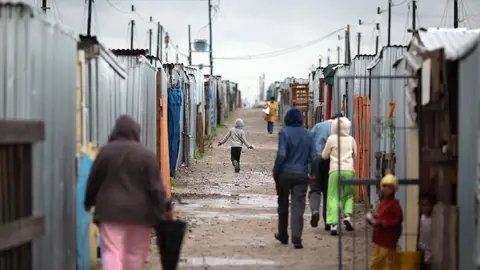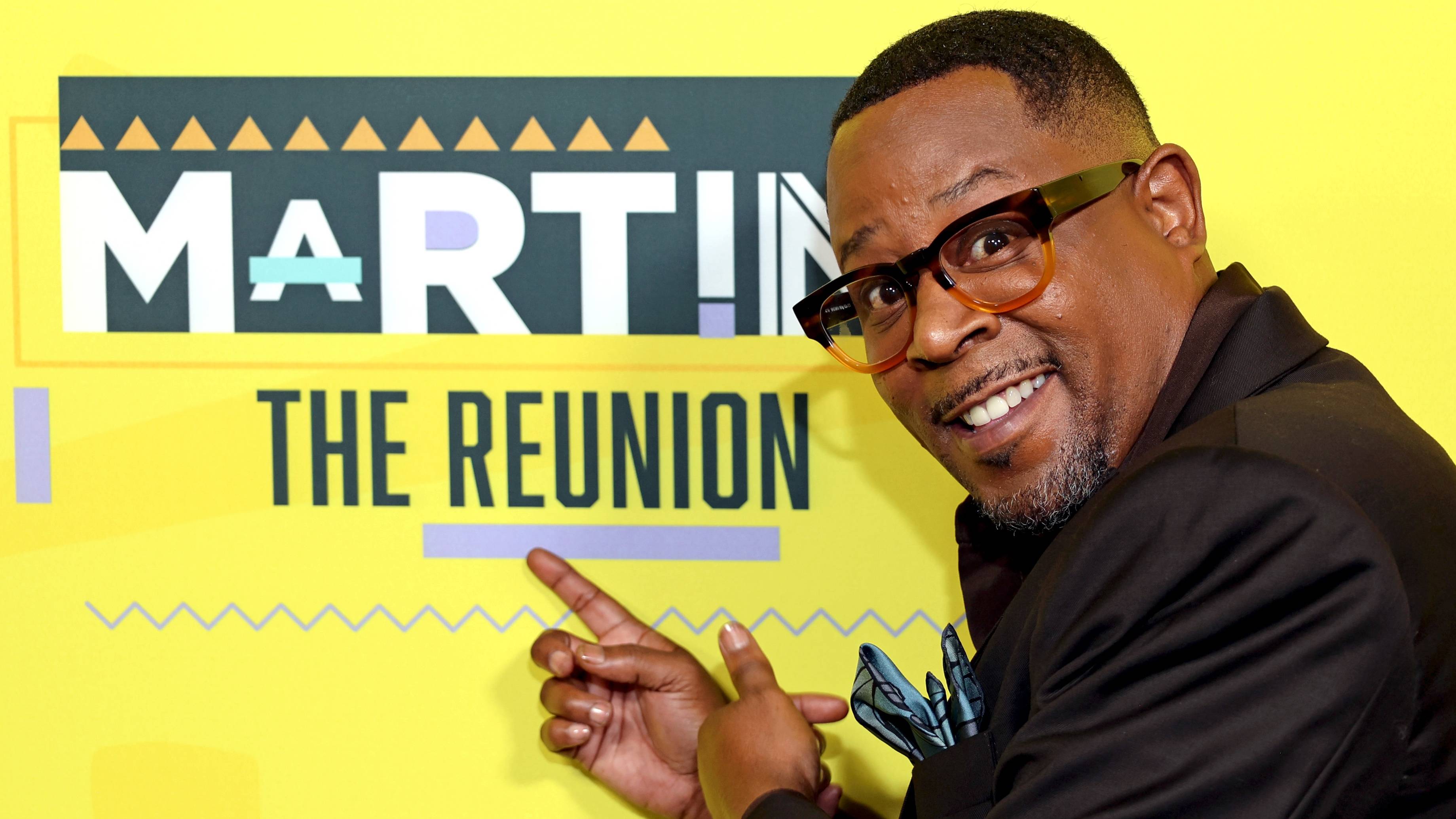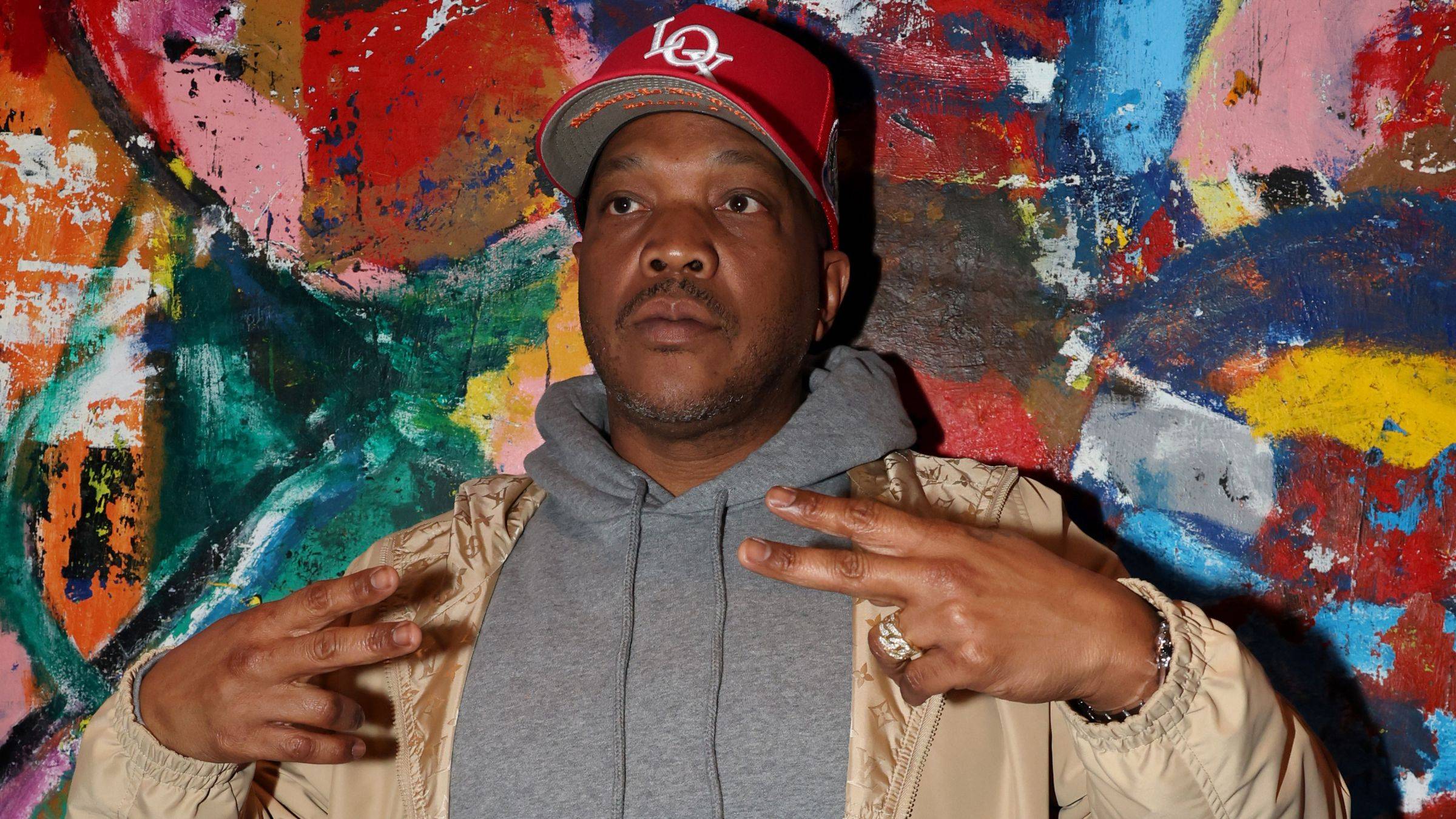Commentary: In Post-Mandela South Africa, Economic Challenges Loom

In one of his most memorable quotations, Nelson Mandela spoke in 2005 about economic inequality in his native South Africa.
“Millions of people are trapped in the prison of poverty,” he said. “It is time to set them free. Like slavery and apartheid, poverty is not natural. It is man-made and it can be overcome. Sometimes it falls on a generation to be great.”
The quest to narrow the gap between the haves and have-nots is the overarching challenge left to the political successors to Mandela, who was laid to rest Sunday in his native village of Qunu more than a week after his death at age 95.
Mandela achieved a herculean accomplishment in being the shepherd of his country’s peaceful transition from the discriminatory world apartheid to democracy. It is now the duty of the country’s newer leadership to work in earnest to make the transition to a brighter economic life for millions of South Africa’s impoverished citizens.
That is a steep challenge. Using the current South African definition of the poverty line of those with incomes of $43 a month or less, fully 47 percent of South Africa’s population — nearly half of the nation — remains in poverty. And that is up from the poverty rate in the mid-1990s, when it was 45.6 percent. Meanwhile, the nation is suffering from an unemployment rate that is slightly higher than 25 percent.
If there were any evidence of the displeasure of many South Africans of the handling of the economic inequality, it could be found during the memorial service in the Johannesburg stadium when the crowd greeted President Jacob Zuma with resounding jeers. He and his government are widely viewed as not having not done enough to wrestle with South Africa's staggering economic inequality.
While there has been a positive rate of growth in South Africa’s economy, it has been nowhere near the level needed to lift the prospects of the nation’s unemployed. As in the United States, the nation’s economic growth has benefited the educated and those with highly marketable skills.
There have been great strides in South Africa, however. The nation’s 2011 census shows that about 85 percent of the country’s households have electricity, compared with 51 percent 10 years earlier. Similarly, 91 percent of South African homes have running water, up from 85 percent in the earlier census.
But for the nation to make great strides in Mandela’s vision, it must find the resources and the will to develop education programs to provide training for citizens to obtain the skills needed for working-class jobs. And the government must set an example by rooting out any semblance of corruption. Those would be significant steps in South Africa’s continued walk to freedom.
The opinions expressed here do not necessarily reflect those of BET Networks.
BET Global News - Your source for Black news from around the world, including international politics, health and human rights, the latest celebrity news and more. Click here to subscribe to our newsletter.
(Photo: Dan Kitwood/Getty Images)





